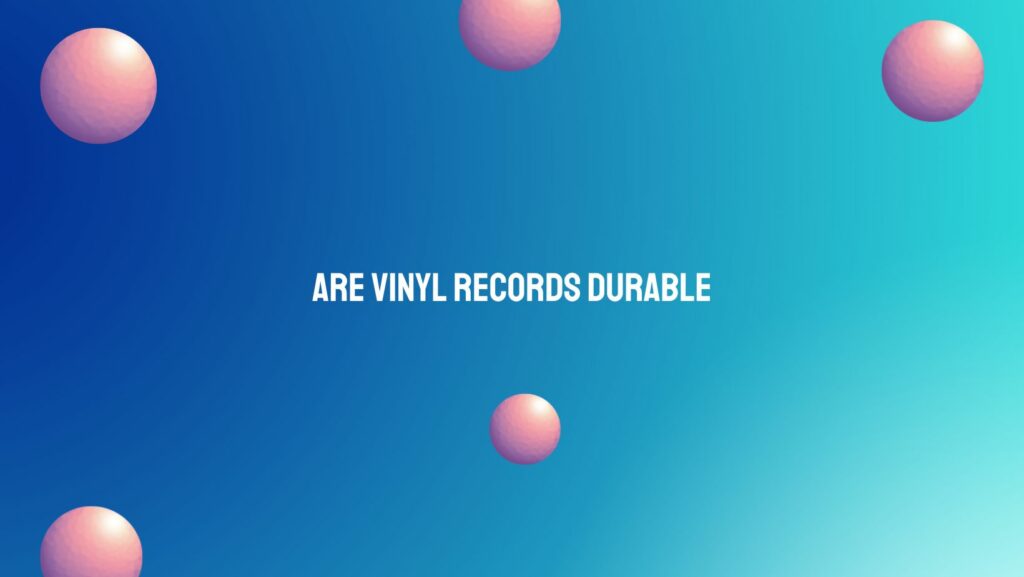In an age where digital music dominates, vinyl records stand as resilient relics, offering a tangible connection to the rich history of music playback. One often-contemplated aspect of vinyl records is their durability. In this article, we embark on a journey to uncover the enduring resilience of vinyl records, exploring the factors that contribute to their longevity and the timeless appeal that continues to captivate audiophiles around the world.
The Anatomy of Vinyl Records:
Vinyl records, with their grooved surfaces, are iconic symbols of music enthusiasts’ devotion to the analog listening experience. Composed of polyvinyl chloride (PVC), these discs come to life when a stylus delicately traces the grooves, translating physical imprints into melodic vibrations.
Factors Contributing to Durability:
- High-Quality Materials:
- The choice of materials in vinyl record production plays a pivotal role in their durability. Well-pressed records made from high-quality PVC are less prone to warping, cracking, or breaking.
- Thickness and Weight:
- Thicker and heavier vinyl records generally exhibit greater durability. Standard LPs, typically 120 to 140 grams, strike a balance between durability and optimal sound quality.
- Proper Storage:
- How records are stored significantly impacts their longevity. Exposure to extreme temperatures, humidity, or direct sunlight can compromise their structural integrity. Proper storage in cool, dry conditions minimizes the risk of warping and degradation.
- Careful Handling:
- Gentle handling of vinyl records is paramount. Avoiding unnecessary pressure, dropping, or mishandling helps prevent scratches and other forms of damage.
- Turntable Maintenance:
- A well-maintained turntable with an appropriately calibrated tonearm and stylus exerts minimal wear on records during playback, contributing to their overall durability.
Vinyl Records vs. Other Formats:
- CDs and Digital Formats:
- Unlike CDs, which are susceptible to scratches and degradation of the reflective layer, vinyl records do not suffer from data loss. Their analog nature ensures a continuous and consistent listening experience over time.
- Cassette Tapes:
- Cassette tapes are prone to wear and degradation over time due to the physical contact between the tape and the playback heads. Vinyl records, with their non-contact playback, are inherently more durable.
The Enduring Appeal of Vinyl:
The durability of vinyl records extends beyond their physical robustness. Their enduring appeal lies in the analog warmth and immersive experience they provide. Unlike digital formats that may succumb to technological obsolescence, vinyl’s timelessness ensures that music lovers can continue enjoying their collections for generations.
Conclusion:
Vinyl records, with their iconic grooves and distinct character, have proven themselves to be remarkably durable over the decades. From the meticulous craftsmanship in their production to the careful handling and storage by enthusiasts, vinyl records embody a timeless resilience that transcends the ebb and flow of musical formats. As vinyl continues to weave its legacy in the fabric of music history, its durability stands as a testament to the enduring magic of analog playback.


